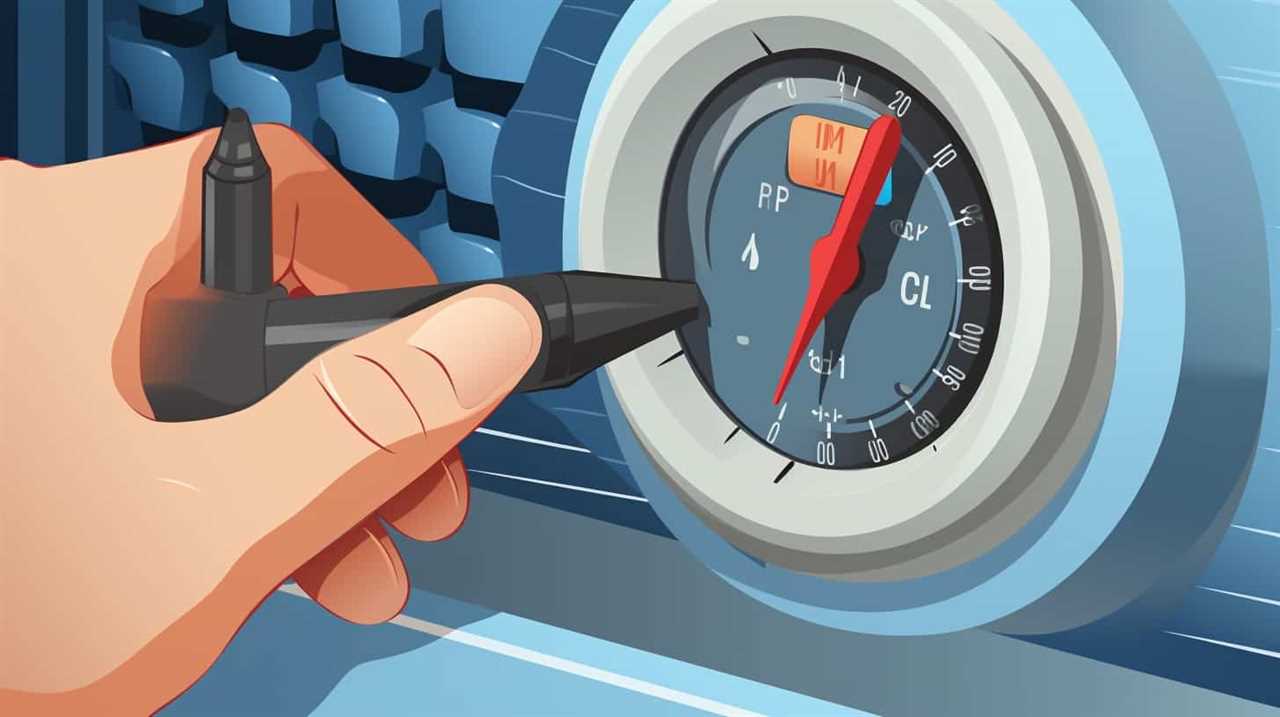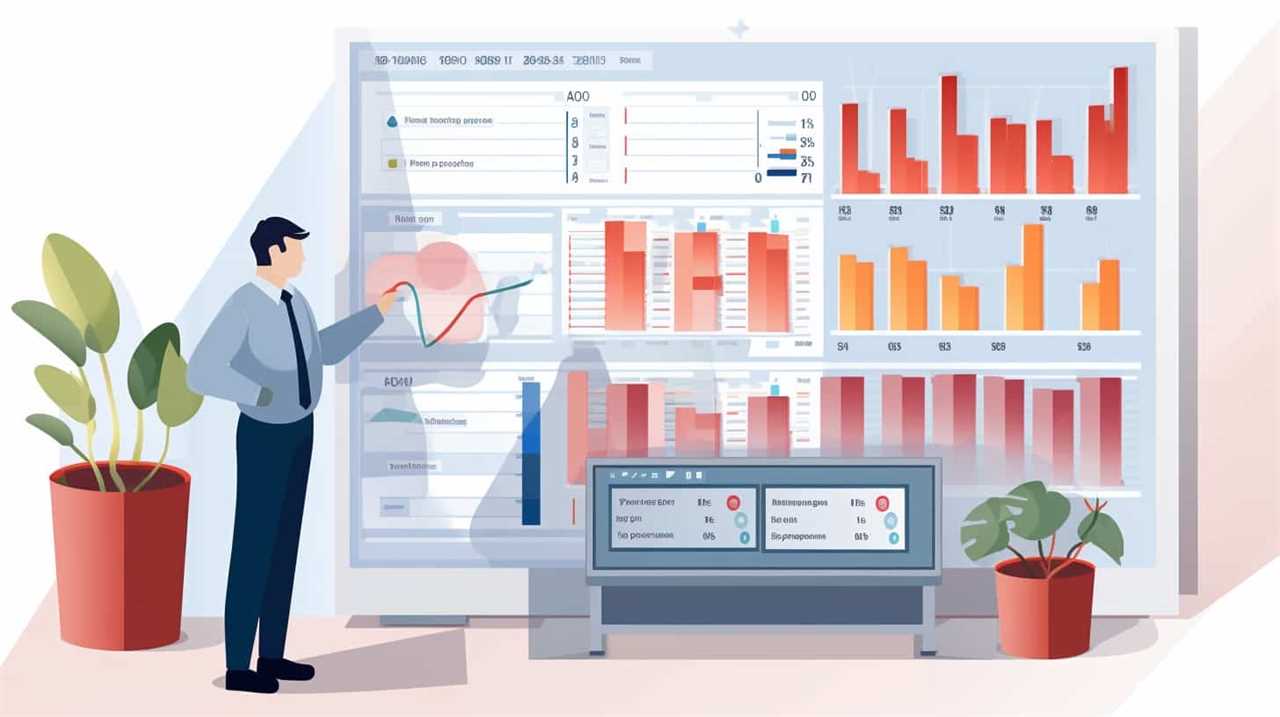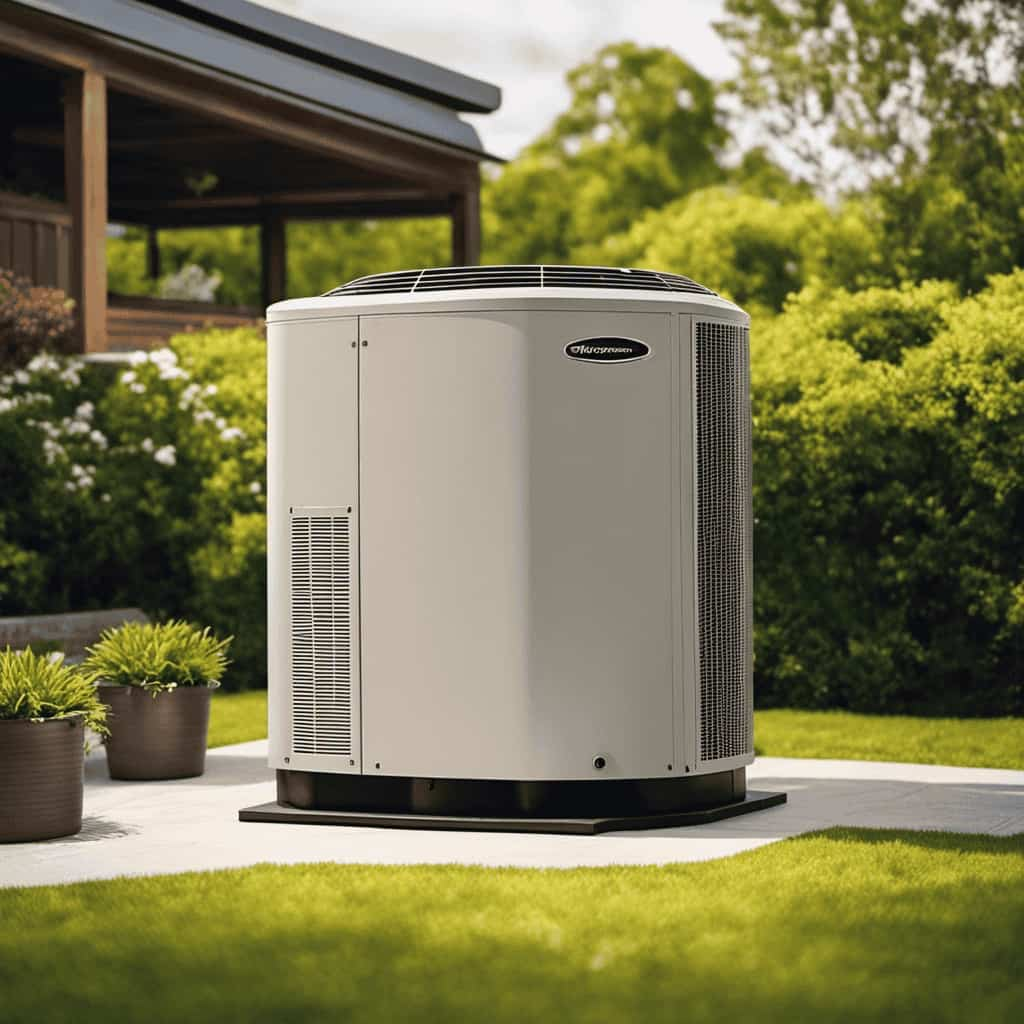Do you want to stop the increase in energy costs and improve the efficiency of your heating and cooling system? You’re in luck! Check out our comprehensive list for energy-efficient HVAC heat pumps.
With our expert tips and tricks, you’ll be able to optimize your heat pump’s performance, save money, and reduce your carbon footprint.
From understanding SEER and HSPF ratings to choosing the right size heat pump for your space, we’ve got you covered.
Get ready to liberate yourself from energy waste and start enjoying a more comfortable and eco-friendly home.

Key Takeaways
- Energy efficiency in HVAC heat pumps is important for reducing energy consumption and minimizing environmental impact.
- SEER and HSPF ratings are key indicators of cooling and heating efficiency in heat pumps, respectively.
- Choosing the right size heat pump for your space is crucial for optimal performance and energy efficiency.
- Proper installation, regular maintenance, and energy-saving practices help maximize the energy efficiency of HVAC heat pumps.
Importance of Energy Efficiency in HVAC Heat Pumps
Now let’s talk about why energy efficiency is important in HVAC heat pumps.
Energy efficient HVAC technologies play a crucial role in reducing energy consumption and minimizing environmental impact. Heat pumps, specifically, benefit greatly from energy efficiency. By utilizing advanced technologies and design features, energy efficient heat pumps can provide optimal heating and cooling performance while consuming less electricity.
This not only helps homeowners save on energy costs but also reduces greenhouse gas emissions. Additionally, energy efficiency in heat pumps ensures consistent and comfortable indoor temperatures, improves air quality, and extends the lifespan of the system.
Understanding the importance of energy efficiency in HVAC heat pumps sets the stage for comprehending the significance of SEER and HSPF ratings in evaluating and choosing the right heat pump for your needs.

Understanding SEER and HSPF Ratings
We need to understand the SEER (Seasonal Energy Efficiency Ratio) and HSPF (Heating Seasonal Performance Factor) ratings to accurately evaluate and choose the right heat pump for our needs. These ratings provide valuable information about the energy efficiency and performance of a heat pump.
| Rating | SEER | HSPF |
|---|---|---|
| Meaning | Measures cooling efficiency | Measures heating efficiency |
| Range | 13 – 22 | 7.7 – 13 |
| Benefits | Lower energy bills, reduced environmental impact | Efficient heating during colder months |
| Misconceptions | Higher SEER/HSPF always better, not affected by maintenance | Maintenance impacts efficiency, higher ratings require higher upfront cost |
Regular maintenance is crucial for maintaining the efficiency and performance of a heat pump, despite the common misconception that it doesn’t affect SEER and HSPF ratings. By properly maintaining our heat pump, we can ensure optimal performance, lower energy bills, and a longer lifespan.
Now that we understand the SEER and HSPF ratings, let’s move on to the next step: choosing the right size heat pump for our space.
Choosing the Right Size Heat Pump for Your Space
To ensure optimal performance and energy efficiency, we must choose the right size heat pump for our space. Sizing considerations and calculating capacity are important factors in this process. Here are some key points to keep in mind:

-
Square footage: Measure the square footage of your space to determine the heat pump size required.
-
Insulation: Consider the level of insulation in your space, as it affects the heating and cooling demands.
-
Climate: Take into account the climate in your area, as it affects the heat pump’s efficiency.
-
Window and door placement: Assess the placement of windows and doors, as they impact the heat gain and loss in your space.

Proper Installation and Maintenance Tips for Energy Efficiency
During the installation and maintenance process, we need to ensure that our HVAC heat pumps are properly installed and maintained for optimal energy efficiency.
One important aspect of energy efficiency is the use of energy efficient HVAC filters. These filters are designed to remove particles and contaminants from the air, improving indoor air quality and reducing strain on the heat pump.
Regular maintenance is also crucial for energy efficiency. By scheduling regular maintenance, we can ensure that our heat pumps are operating at peak performance, reducing energy consumption and saving on utility bills. Regular maintenance also helps identify and address any potential issues before they become major problems.
In addition to energy savings, regular maintenance can extend the lifespan of our heat pumps, reducing the need for costly repairs or replacements. By investing in proper installation and regular maintenance, we can maximize the energy efficiency of our HVAC heat pumps.

Energy-Saving Tips for Optimizing Heat Pump Performance
One effective way to optimize heat pump performance and save energy is by regularly cleaning and replacing air filters. Clogged filters restrict airflow, making the heat pump work harder to maintain the desired temperature.
In addition to filter maintenance, there are other energy-saving tips that can further enhance heat pump performance and efficiency:
- Schedule regular heat pump maintenance by a professional technician to ensure optimal operation.
- Set energy-saving thermostat settings to reduce energy consumption. Lower the temperature during times when the space is unoccupied or at night when sleeping.
- Ensure proper insulation and sealing around windows and doors to prevent heat loss or gain.
- Consider using a programmable thermostat to automate temperature adjustments throughout the day, maximizing energy savings.
Frequently Asked Questions
Can I Install a Heat Pump Myself, or Do I Need to Hire a Professional?
We can install a heat pump ourselves, but it is recommended to hire a professional for the best results. DIY installation may save money initially, but professional installation ensures proper setup and avoids potential problems.
How Often Should I Have My Heat Pump Serviced to Maintain Energy Efficiency?
We should consider the heat pump maintenance frequency to maintain energy efficiency. Regular servicing is crucial to ensure optimal performance and prevent potential issues. It is important to prioritize heat pump servicing for long-term energy savings.

Are There Any Government Incentives or Tax Credits Available for Installing an Energy-Efficient Heat Pump?
Yes, there are government incentives and tax credits available for installing an energy-efficient heat pump. These incentives and credits aim to promote energy efficiency and reduce the environmental impact of HVAC systems.
Can I Use My Heat Pump for Both Heating and Cooling My Home?
Using a heat pump for both heating and cooling has its pros and cons. It offers year-round comfort and energy efficiency, but may require additional equipment. Consider factors like climate and insulation when deciding if it’s the right solution for your home.
What Is the Average Lifespan of an Energy-Efficient Heat Pump?
The average lifespan of an energy-efficient heat pump depends on various factors such as maintenance, usage, and installation process. It is important to follow proper maintenance guidelines to ensure optimal performance and longevity.
Conclusion
In conclusion, ensuring energy efficiency in HVAC heat pumps is crucial for both environmental sustainability and cost savings.

By understanding SEER and HSPF ratings, selecting the right size heat pump, and following proper installation and maintenance practices, we can maximize efficiency.
Just like a well-tuned engine propels a car forward smoothly, an energy-efficient heat pump can keep our homes comfortable while minimizing energy consumption.
Let’s prioritize energy efficiency to create a greener and more sustainable future.









